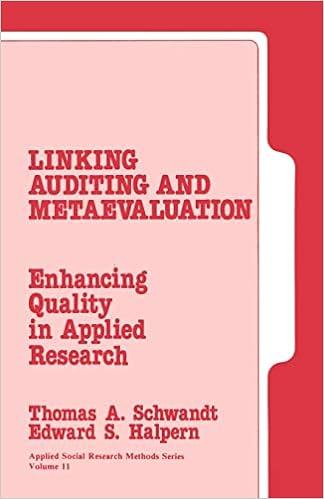Question
David K. Gibbs, age 37 and his wife Barbara, age 33, have two children Chris and Ellen, ages 4 and 12. David is employed as
David K. Gibbs, age 37 and his wife Barbara, age 33, have two children Chris and Ellen, ages 4 and 12. David is employed as an engineer for an oil company, and his wife recently completed a degree in accounting and will begin working for a public accounting firm next year. David has compiled the following information for his 2019 tax return.
For the current year, David received a salary of $170,000. His employer withheld Federal income taxes of $9,000 and the appropriate amount of FICA taxes.
At the annual Christmas party, he received a card indicating that he would receive a bonus of $3,000 for his good work during the year. The bonus check was placed in his mailbox at work on December 30. Since David was out of town for the holidays, he did not pick up the bonus check until January 2.
David and Barbara sold a bond issued by AM&T Inc. on May 30, 2018 for $9,700. Of the $9,700 proceeds, $700 represented the interest accrued to the date of the sale. The Gibbs had purchased the bond (issued at par value of $10,000 on March 1, 2012 for $10,000.
The couple has a $500 U.S. Savings Bond, which they purchased for $300 and gave their daughter two years ago. The proper election was made to report the interest income from the bond annually. The bonds redemption value increased $30 this year. David was an instant winner in the state lottery and won $50.
The Gibbs sold 100 shares of stock in JB Corporation for $10,000 on May 1, 2018. They purchased the stock on Jun1 2009 for $14,000.
The couples itemized deductions were medical expenses of $7,468, interest on their home mortgage of $8,500, state income taxes of $3,750, property taxes on their home of $5,000, and charitable contributions of $2,000.
Required: Note: Do not calculate the tax on tax forms; instead, you may either complete this assignment as a word document or use the excel spreadsheet (provided in the additional materials section).
a. Determine their gross income and adjusted gross income. For partial credit, list each item of income separately.
b. Determine whether they itemize or tax the standard deduction. Support your decision with numerical calculations (in other words, compare their itemized deductions to the standard deduction).
c. Determine their taxable income.
d. Determine their income tax before taking any tax credits
e. Determine any tax credits.
f. Determine their refund or tax due.
Step by Step Solution
There are 3 Steps involved in it
Step: 1

Get Instant Access to Expert-Tailored Solutions
See step-by-step solutions with expert insights and AI powered tools for academic success
Step: 2

Step: 3

Ace Your Homework with AI
Get the answers you need in no time with our AI-driven, step-by-step assistance
Get Started


